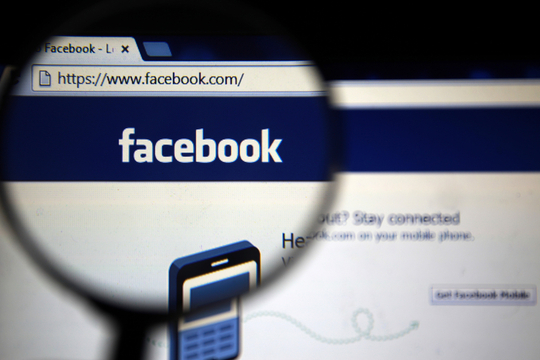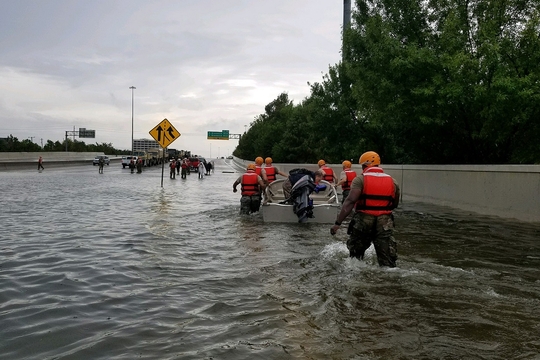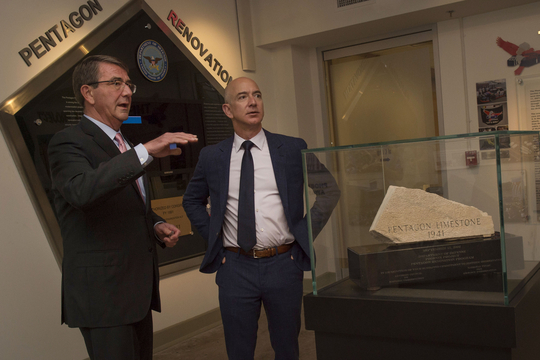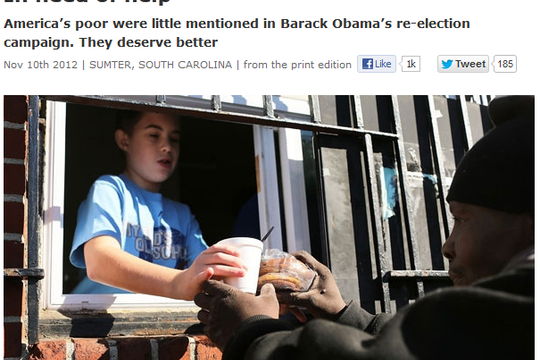
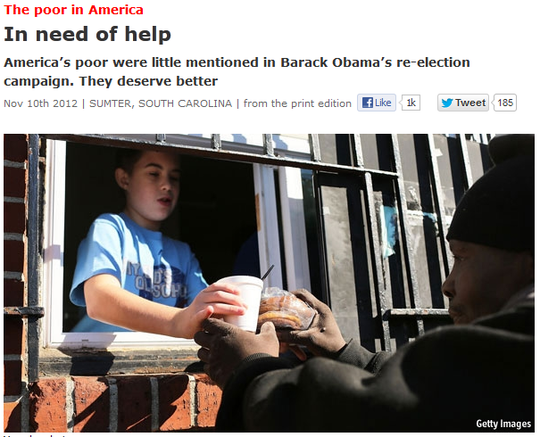
Na de presidentsverkiezingen besteedt het Engelse tijdschrift The Economist uitgebreid aandacht aan de onderklasse in de Verenigde Staten. Het blad steunde Barack Obama, maar is van mening dat hij tijdens de campagne onvoldoende oog had voor de armen:
Budgets are tight and the safety net is expensive. Mitt Romney famously said he was not concerned about the very poor because they have a safety net to take care of them. Mr Obama’s second-term plan mentioned poverty once, and on the trail he spoke gingerly of those aspiring to the middle class. Poor is a four-letter word.
Obama kan in zijn tweede termijn de armen vooruithelpen, maar eigenlijk zijn hun problemen groter dan wat het beleid van één president kan verhelpen. Volgens The Economist
America’s poor face systemic challenges beyond the aid of any single administration or programme. Once diligent high-school dropouts could get a job on a factory line and work their way into the middle class: no longer. The low-skill, high-wage jobs that many used to climb out of poverty in the 20th century are largely gone. Deteriorating family structure among the poor threatens to trap poor children at the bottom of the income ladder for life. And looming cuts to discretionary spending threaten America’s already thin safety net.
Er wordt uitgebreid ingegaan op de oorzaken zoals generatiearmoede, een gevangenisverblijf en een onzekere thuissituatie, maar het meest opvallend blijven de ‘working poor’.
In 2010 10.5m Americans counted as working poor, meaning they spent 27 weeks in the labour force but still lived below the poverty line. […] Wages for low earners have been largely stagnant for the past 40 years. Between 1947 and 1967, hourly wages of private, non-supervisory workers, who comprise more than 80% of American wage-earners, grew by an average of 2.3% a year. In the past three decades, however, hourly wages rose by a paltry 0.2% annually. From 2007 to 2011 average hourly wages fell for the bottom 70% of American workers, with the steepest drops for the lowest-paid.
The Economist ziet weinig beterschap (en laat het zelfs na haar bekende, liberale recepten voor te schrijven), maar heeft een onderzoek van de nationale bank gevonden als lichtpunt in de duisternis.
A paper by Fabrizio Perri and Joe Steinberg at the Minneapolis Fed showed that during the recent crisis, while incomes in America’s bottom quintile fell by 30% relative to median-income levels and that quintile’s total wealth declined by 40%, their relative consumption levels remained constant. So anti-poverty programmes both cushioned the recession’s impact on the bottom 20% of American earners and helped prop up consumer spending. Redistribution may be a dirty word in American politics, but without it the recession would have been far more painful, not just for the poor, but for America’s economy generally.
Vorige week publiceerde het blad een even uitgebreid achtergrondartikel over de armoede in Bangladesh. Het verschilt als dag en nacht met het Amerikaanse verhaal, maar de resultaten die Bangladesh kan voorleggen zijn dan ook fenomenaal te noemen.
Over the past 20 years, Bangladesh has made some of the biggest gains in the basic condition of people’s lives ever seen anywhere. Between 1990 and 2010 life expectancy rose by 10 years, from 59 to 69. Bangladeshis now have a life expectancy four years longer than Indians, despite the Indians being, on average, twice as rich. Even more remarkably, the improvement in life expectancy has been as great among the poor as the rich.
Merkwaardig aan deze vooruitgang is dat hij niet gepaard gaat met een even indrukwekkende economische groei. Sinds 1990 groeit de economie misschien jaarlijks met vijf procent, maar dat is in de regio niet bijzonder.
The belief that growth brings development with it—the Washington consensus—is often criticised on the basis that some countries have had good growth but little poverty reduction. Bangladesh embodies the inverse of that: it has had disproportionate poverty reduction for its amount of growth.
Het land vond geen wondermiddel tegen armoede, maar boekte successen op verschillende terreinen. Bangladesh is het dichtst bevolkte land ter wereld, dus zorgde het er met vrijwillige geboortebeperking voor dat het aantal kinderen spectaculair daalde. Dat zorgt voor een ‘demographic dividend’ waarbij er veel meer mensen de arbeidsmarkt betreden dan er kinderen geboren worden. Een ander voordeel is het geld dat migranten die in het buitenland werken, opsturen. “In the year ending in June 2012 they sent back $13 billion, about 14% of annual income—more than all the government’s social-protection programmes put together.” Ook microkredieten en NGO’s (vooral BRAC) hebben geholpen, waarbij vrouwen een belangrijke rol hebben gespeeld.
Bangladesh shows that the benefits of making women central to development are huge. It suggests that migration is not just the result of a failure to provide jobs at home but can be an engine of economic growth. […] Bangladesh is still poor and crowded. With the lowest labour costs in the world (textile workers make about $35 a month) it should be growing faster than China, not more slowly than India. It is badly governed, stifled by red tape and faces severe environmental problems. But in terms of the success of its grass-roots development, it has lessons for the world.
Het artikel over de Verenigde Staten vindt u hier.
Over Bangladesh leest u hier.


